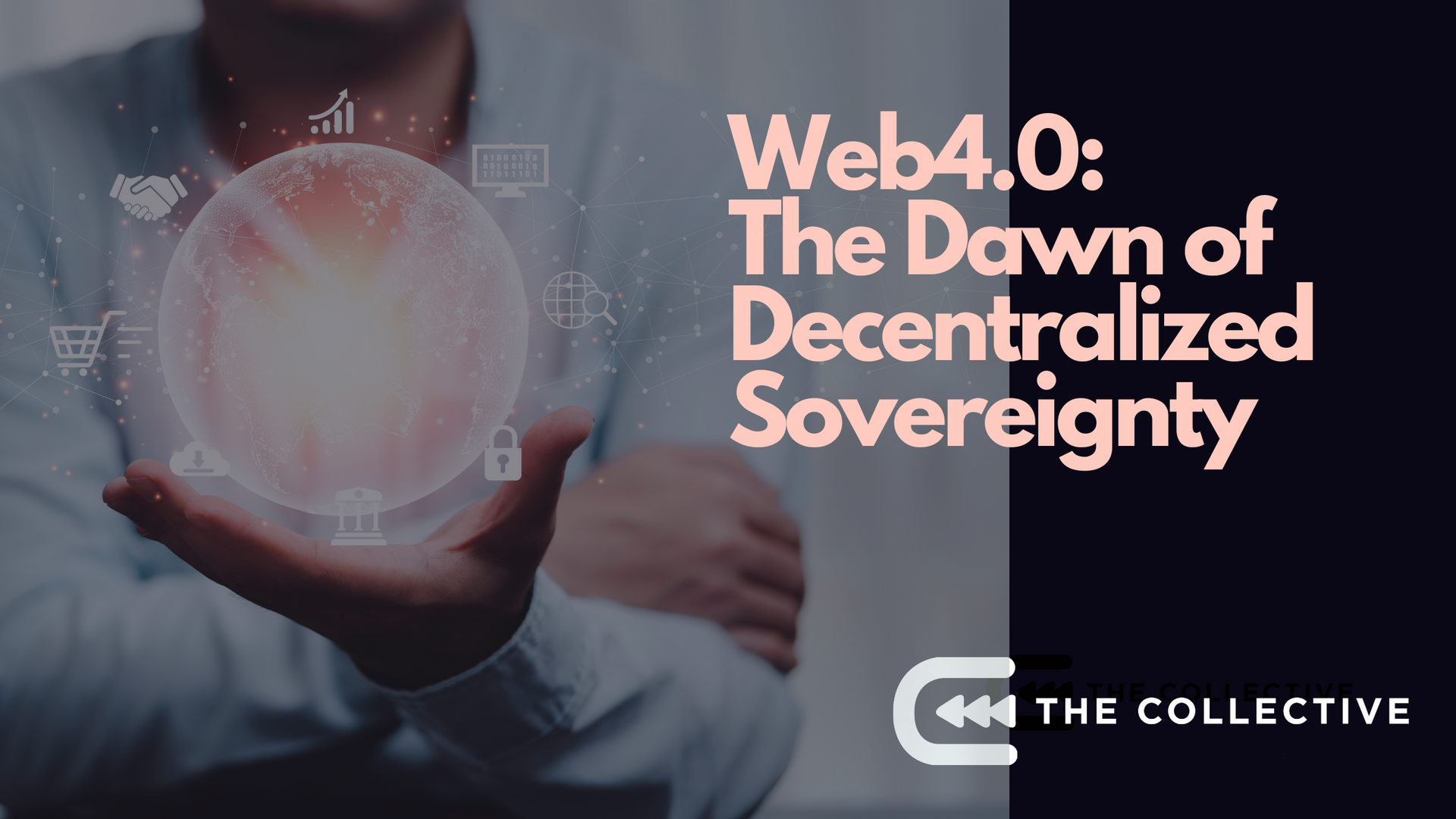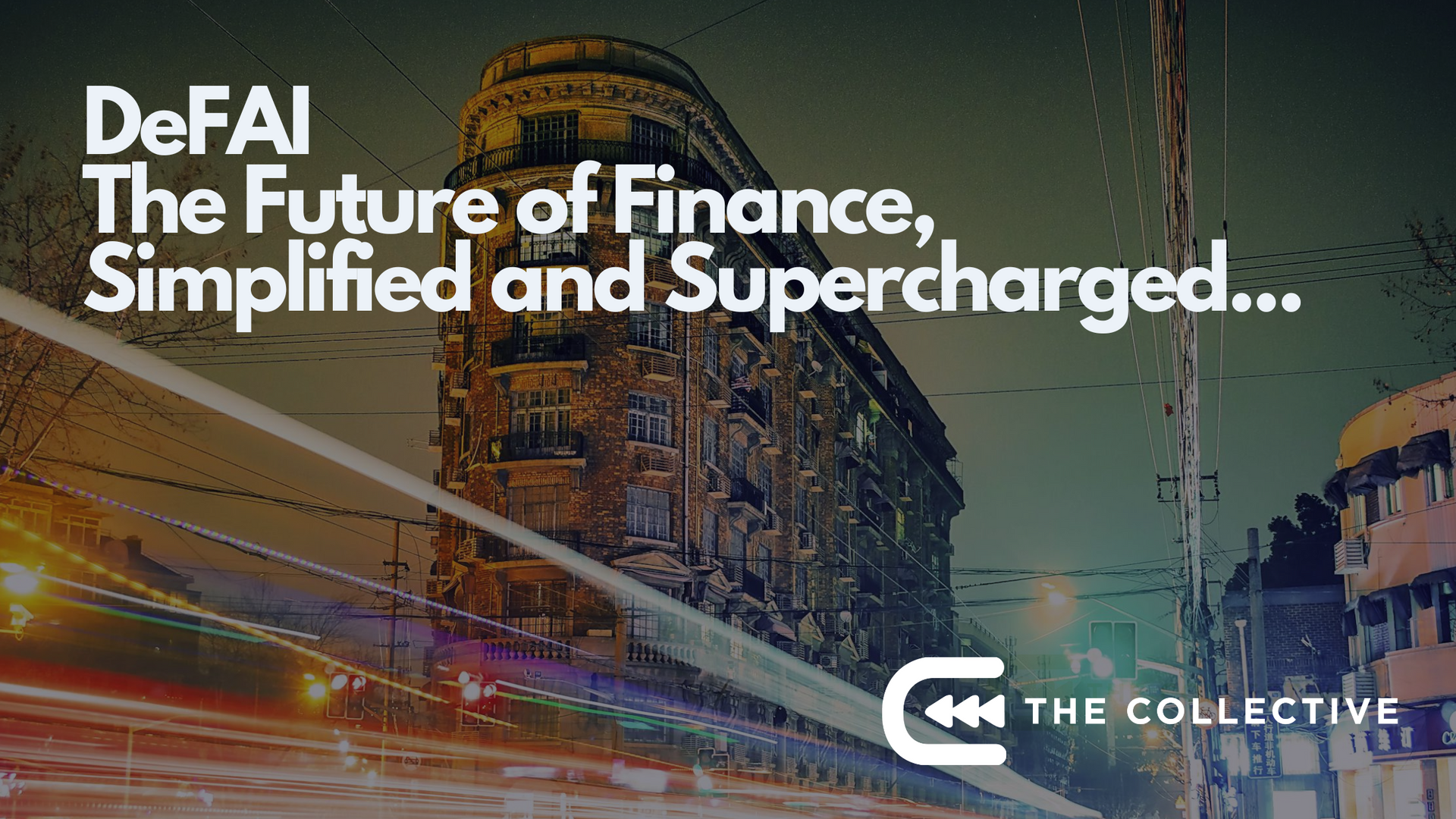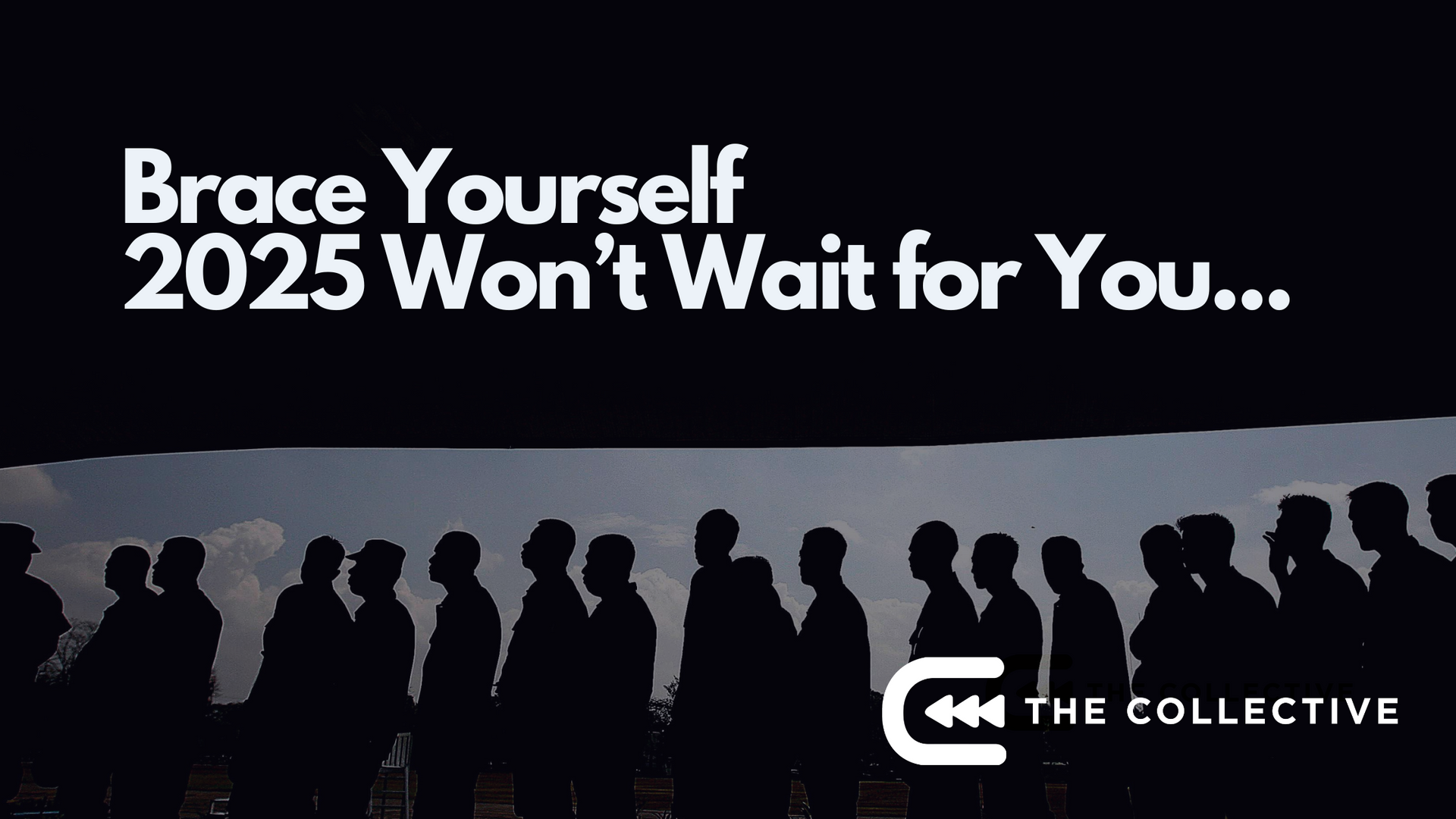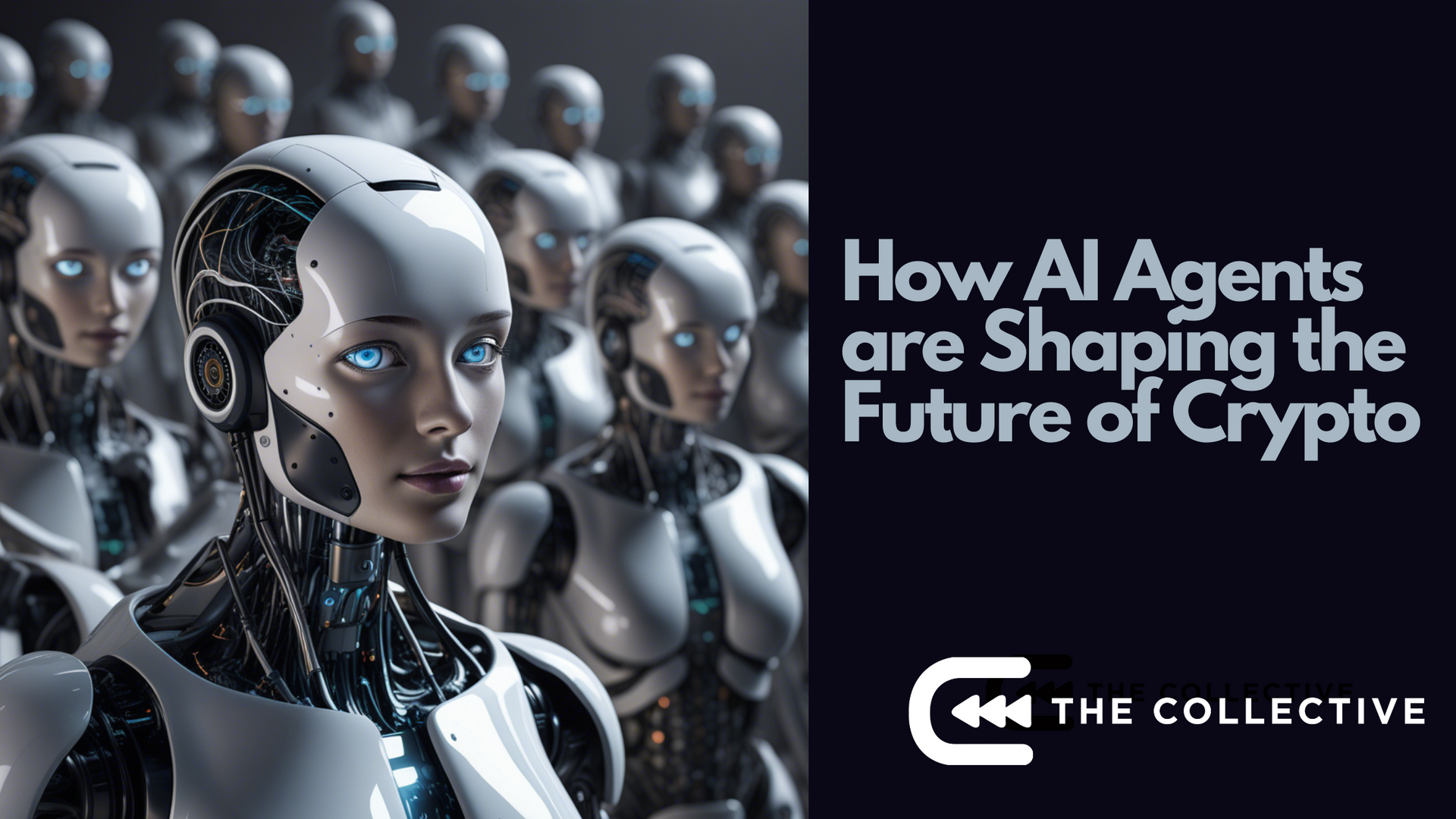Web4.0 - The Dawn Of Decentralized Sovereignty

As the digital world continues to evolve, most people are still grappling with the concepts of Web3—blockchain, decentralized finance (DeFi), and non-fungible tokens (NFTs). Meanwhile, a new paradigm is already on the horizon: Web4. This next phase of the internet promises to be even more transformative, blending advanced technologies like crypto, blockchain, AI agents, sentient artificial intelligence, decentralized physical infrastructure (DePin), decentralized science (DeSci), and tokenized real-world assets (RWA). But with great potential comes great challenges, particularly concerning data privacy and security.
Web4.0 can be described as the fusion of digital technologies with the physical and decentralized realms.
While Web3 laid the foundation for decentralization, Web4 envisions a world where advanced AI agents and decentralized networks not only power the digital space but also influence our interactions with the physical world.
At its core, Web4.0 is about:
- AI Integration: Sentient AI and autonomous agents capable of managing complex tasks on behalf of users.
- Tokenized Real-World Assets (RWA): Bringing physical assets like property, art, and resources into the blockchain ecosystem.
- Decentralized Science (DeSci): Open, transparent research that empowers innovation outside the confines of centralized institutions.
- Decentralized Physical Infrastructure (DePin): Moving beyond virtual assets to build real-world infrastructure, from energy grids to transportation systems, governed by decentralized principles.
In an age of increasing digital surveillance, data privacy and security are more critical than ever. Governments worldwide are implementing sweeping regulations like the EU’s
MiCA (Markets in Crypto-Assets Regulation), which, while ostensibly designed to protect users, could centralize control and stifle innovation. Similarly, the rise of
CBDCs (Central Bank Digital Currencies) could lead to financial systems where every transaction is tracked and controlled. Web4.0, therefore, must champion tools and platforms that resist the encroachment of Big Tech and authoritarian governance.
The first step is ensuring people understand the importance of decentralized technologies and the risks of centralized control. The masses need to be educated about the threats posed by surveillance capitalism and data monopolies. Developers must prioritize building user-friendly decentralized applications that can compete with traditional Web2 platforms. These tools need to prioritize End-to-End Encryption, Ensuring systems work seamlessly across platforms and networks, transparency in development to build trust and foster innovation and Community-Driven Governance.
Web4.0 technologies must be governed by communities, not corporations or governments. Decentralized autonomous organizations (DAOs) provide a blueprint for how collective decision-making can work at scale.
Web4.0 is not just a technological evolution; it is a battle for freedom, privacy, and independence in the digital age. It offers the tools to reshape our relationship with technology, empowering individuals rather than central authorities. However, to realize this potential, we must act decisively—developing, adopting, and advocating for decentralized solutions that prioritize user sovereignty above all else.
The future of the internet—and perhaps our freedom—depends on it.
If you liked this article, please share it widely on social media to help us reach wider audience interested in learning more about crypto and Web3 technologies.
Also if you have any questions or feedback we would love to hear back from you!




Helping people, entrepreneurs & businesses to bridge the gap between the internet of today towards the revolutionary Web4 movement.
#TakeItBack
Support us
Support the free and independent movement!
with 5 Euro / Dollar you already help us enormously!
Bitcoin wallet:
bc1qtl0yyayrdy2p74xf52ts75tw2tl0aleehhtfjl
Monero wallet:
44gKNgXYMEfFFBR4J1ySmj161zYpMZdGZPH1D2mDnYHTPXLmv83d58CbF6uNWpDq1Vdgw1NLwkJNkR1NEmqmC5xa6ZzRehG
Ethereum wallet:
takeitback.eth










